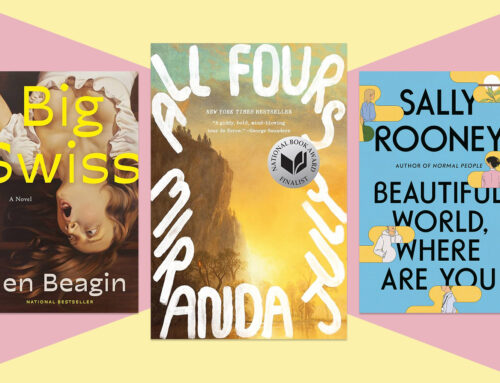I can’t deny that Rupi Kaur’s influence in popularizing poetry and creating a writing style many Instagram poets would emulate is monumental. Her debut book milk and honey, a collection of poems about feminist issues, abuse, and growth has sold over 2.5 million copies. She’s been on Jimmy Fallon.
Rupi Kaur is the face of modern poetry. She’s the inspiration behind almost every poetry book in Urban Outfitters. With her short, colloquial writing style, her poems are easy to understand. She’s known for her brutally honest, painful narrative about her coming-of-age experience, and her identity as a woman of color adds a much needed diversity in the writing space. But while opening up about these often hidden issues is praise-worthy, her writing is anything but extraordinary.
Kaur is caught between two worlds, her background as a South Asian woman and her upbringing in the West. Her poetry attempts to merge these contrasting identities, yet by appealing to all women, she fails to say anything truly audacious. She comes off as more of a way for white women to feel cultured rather than a representation of the minority voice. On her FAQ, she explains that she “read hundreds of books growing up, but none can explain this torment to me,” essentially alluding that she is the sole voice for the struggles of brown women. Instead of empowering her peers, she makes the claim that she is the only writer who has properly represented “people who look like [her].”
Yet her writing can be so vague. One of her poems go “and here you are living / despite it all.” Her poetry wants to document the specific plight of South Asian women yet does not express this at all. She handles serious subjects such as sexual assault and racism with such brevity, it almost comes off as superficial. The simplicity of her work and aesthetic of her drawings make readers think what she is saying is profound, yet a deeper analysis of the words reveals that her messages are plain. The fact that most of her poems are a sentence and Kaur thinks she can capture the nuanced experience of South Asian women through such shortness is ridiculous. Readers laud her willingness to discuss issues such as rape, yet the subject matter itself is not what makes someone’s writing good. She tries so hard to make her writing relatable to everyone that she fails at fulfilling the goal of her writing, to document a very specific perspective.
Her style is so formulaic that people have written their own renditions of her poetry but about silly topics. What I noticed when scrolling through these memes is how spot-on these posts emulate her approach to writing. If posts like these can talk about Taco Bell in the same manner as she does sexism, then what is so special about her writing?
More readers should acknowledge that she has essentially capitalized on generational trauma while failing to give it the attention it deserves. The appeal of her writing is about the aesthetic. Her poems can be read in less than a minute, and they’re coupled by Instagram-able drawings. While enjoying her poetry is valid, as many of her poems seek to empower women, she should not be on the pedestal her readers and Kaur has put herself on. While I’m proud that a woman of color has received the commercial and mainstream success that she has, her writing is not the evocative narrative that so many others claim it is.



